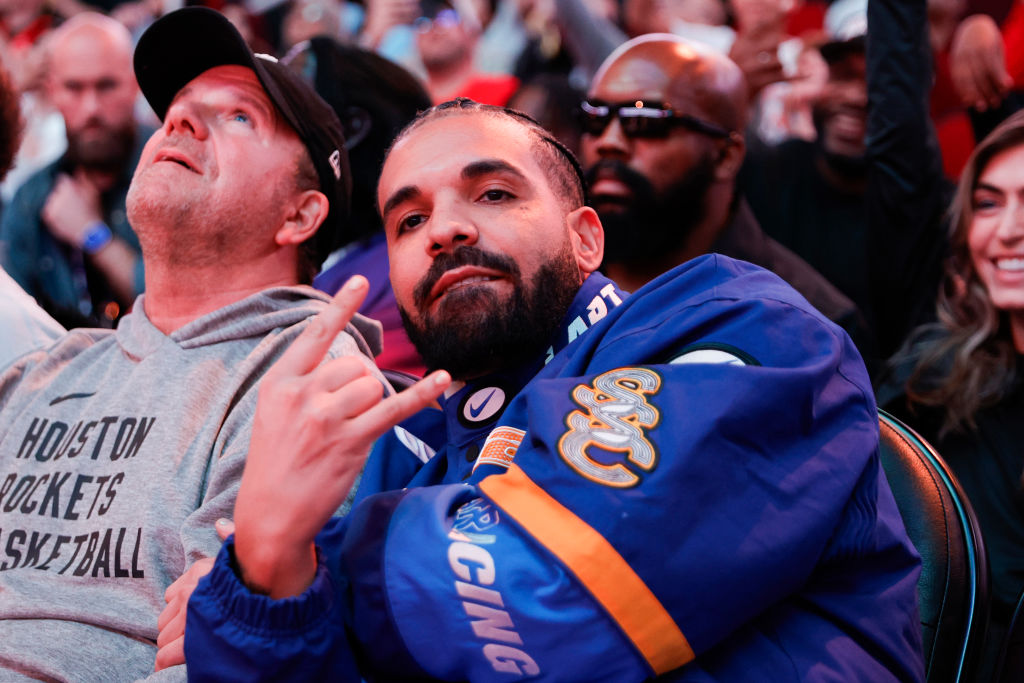Sadly, we saw this coming. Netflix sleeper and cult favorite The Get Down has been canceled after just one season.
The series, set in the Bronx during the late 1970s, premiered the second half of its first season in February 2017. But late Wednesday, May 24, writer-director Baz Luhrmann shared a note with fans that it would be the final the chapter:
There are many factors being tossed around as reasons for the show’s demise— an ambitious shooting schedule that resulted in production delays, and a massive $120 million budget are likely culprits. The loss of The Get Down is being felt across the Internet, and even resulted in the hashtag #RenewTheGetDown, late Wednesday night.
For me, it’s a bit more personal than that.
Not only am I lucky to be a native New Yorker, but my parents directly influenced hip hop’s inception— right there in the Bronx, in the late ’70s. The Get Down dramatized their heyday and honored their artistic contributions in a way we’ve never seen. If you look at film and television from that time period, John Travolta was the king of disco and all the girls looked like Sandra Dee and Rizzo from Grease. Black folks were relegated to Blaxploitation films, and Latinos were seen and not heard in servant roles. Missing are those bell bottomed teens, coifed with glorious afros and frequenting dance clubs brimming with #BlackGirlMagic and #BrownBoyJoy.
My parents were among the blueprint makers of hip hop, partying in places like Studio 54 and Dave Mancuso’s downtown funhouse, The Loft. Teens and celebs alike were glued to these hot spots: Michael Jackson kept his ear tuned to Manhattan’s East Village, where sounds influenced his Off The Wall solo project. Before mainstream got a whiff of the burgeoning genre’s appeal, hip hop was all about word of mouth basement parties, where turntables were introduced to Flash’s signature technique “back-spinning,” and dances like The Hustle gave way to break-dancing B-boys.
But the richness of their influence was virtually written out of pop culture. But it was really the Black and Latino kids who defined pop culture all along.
As Luhrmann and Grandmaster Flash explained at The Get Down premiere for the show’s second half, hip hop was birthed in the Bronx, at the time one of the poorest most forgotten cities in the nation, where crime seemed the only outlet for success. Where artists like Sylvester and Gloria Gaynor ruled nightclubs, and this new phenomenon of spoken word over soul beats got people to vibe and move in new ways.
Not only did The Get Down introduce the influential music of the time, it also depicted multilayered, young brown people. We met the gorgeous Afro Latina, Mylene Cruz, the church girl who was steadfast on her goals, even if it meant breaking away from her parents. We met Shaolin Fantastic, who hustled to survive on his own as just a teenager, but knew that turntables and martial arts would get him to where he wanted to be. And we met Ezekiel, the Black and Puerto Rican protagonist with a chance of a lifetime to attend Yale University, who expressed the dichotomy of navigating blended worlds that is rarely explored in Hollywood.
Being the kid who lugged her Fischer-Price along with my uncle on his DJ gigs, learning how to cue and backspin, I had no idea of the history that preceded me at that young age. My family ingrained the beat, the cue, and the backspin in my DNA. And I’m proud to represent their hip hop blueprint.
The Get Down actually gave voice to what I’ve grown up hearing all my life. Kudos to what they accomplished. We just wish it didn’t have to end so soon.
















